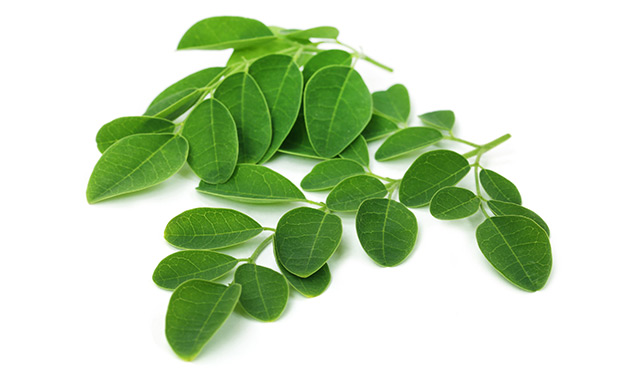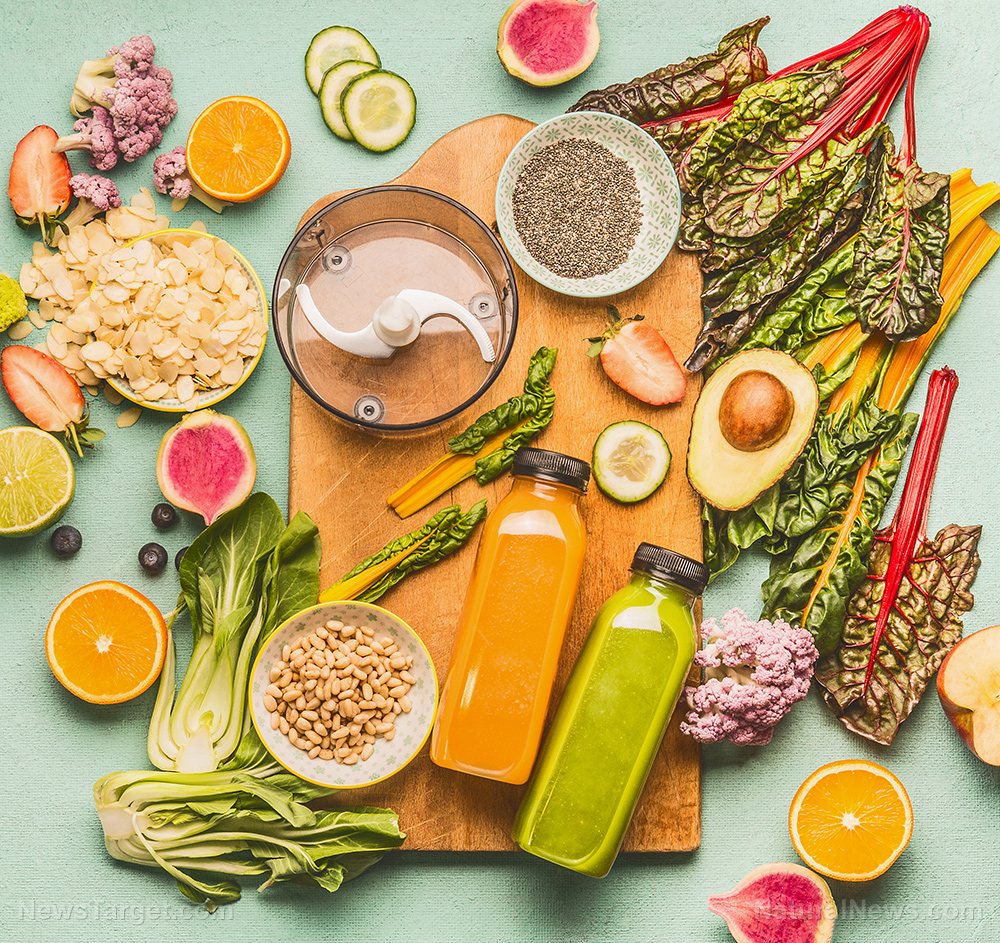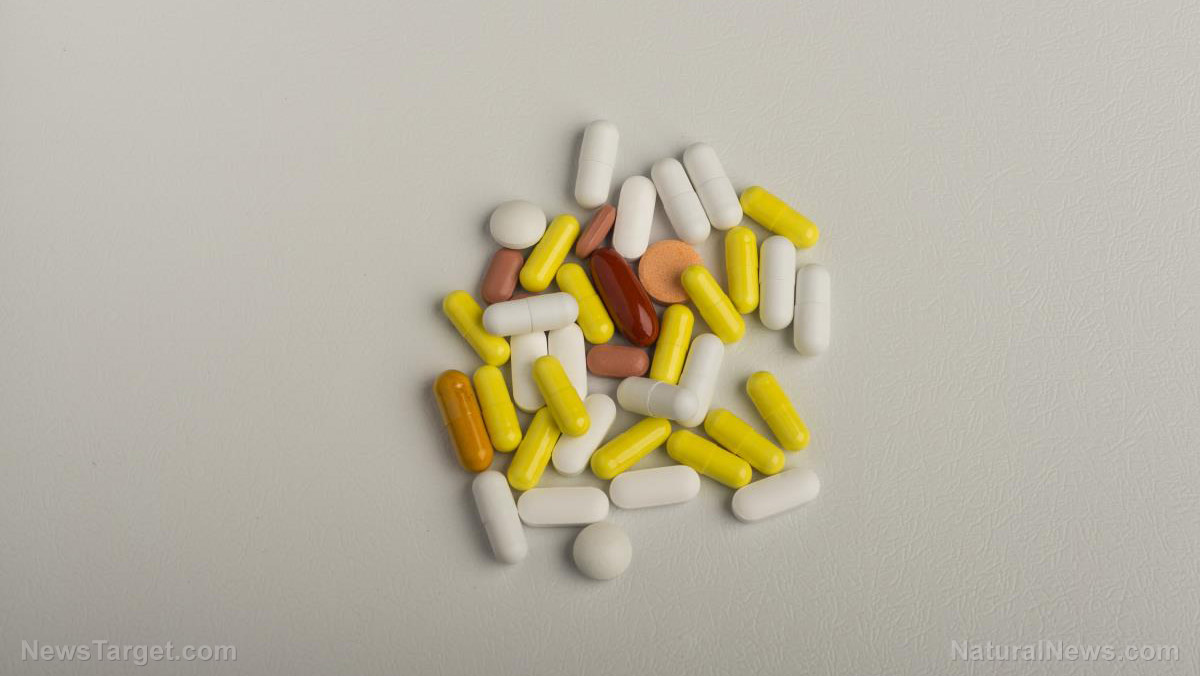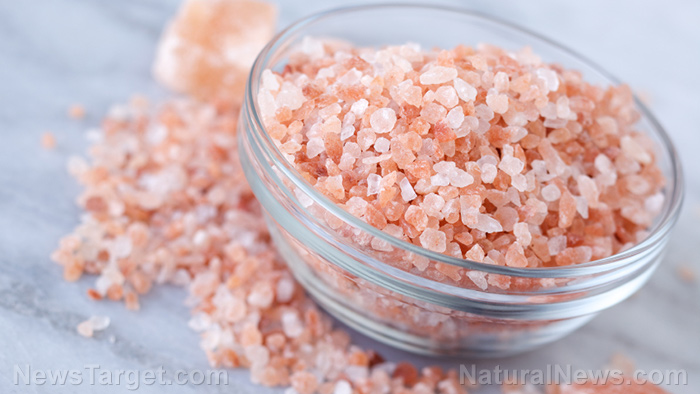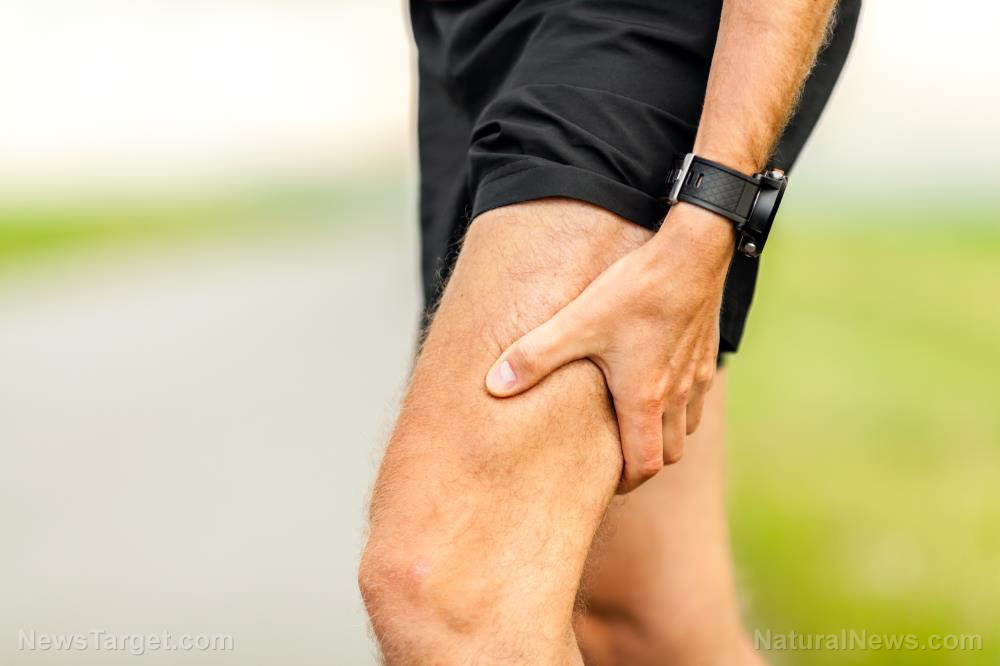Add these 9 immune-boosting foods to your diet today to prevent a stroke
07/05/2018 / By RJ Jhonson
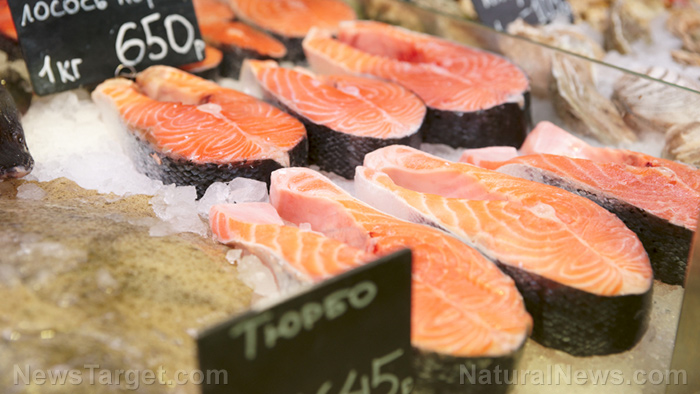
A jarring statistic says up to five million people die of stroke every year. The disease causes around 10 percent of total deaths, clearly putting it among the leading causes of mortality today. Stroke is largely considered a lifestyle disease, which means you can take certain steps to prevent it or reduce your risk of dying from it.
Apart from regular exercise, which studies show is effective in reducing the incidence of stroke, you can also adopt the following food items as part of your diet:
Fish
The Harvard Center for Risk Analysis obtained the opinion of an expert panel on the relationship between the risk of stroke and consumption of fish. The conclusion was that eating fish – any fish at all – reduces your risk of stroke by 12 percent. This percentage lowered further by about two percent for every additional serving of fish you consume in a week.
Another Harvard study offers guidelines on how to cook your fish. People who eat baked or broiled fish one to four times a week are 27 percent less likely to have a stroke. Those who fry their fish or eat fish sandwiches more than once a week have a 44 percent greater chance of having a stroke compared to the previous group.
Pumpkin seeds
Spinach, beet greens, and pumpkin seeds are excellent sources of magnesium. This mineral has been linked to a reduction in the risk of stroke. This was proven by another Harvard study that followed female participants for 30 years and found that those who ate the most magnesium had 13 percent lower risk of having a stroke. Every 100 milligrams (mg) of magnesium further reduced risks by 13 percent.
A different study in men obtained almost similar results. Those who got the most magnesium from food reduced their risk of stroke by 13 percent compared to individuals who got the least. Those who obtained magnesium from supplements reduced risks by up to 26 percent, while those who combined diet and supplements got a reduction of 17 percent.
Fruits and vegetables
A Swedish inquiry found that eating fruits and vegetables can lower the risk of stroke by 13 percent. Dietary intake of fruits reduced the risk of stroke by 35 percent in men and 25 percent in women. In a comparison between fruits and vegetables, it was revealed that eating vegetables reduced the risk of stroke by 23 percent compared to just 14 percent from eating fruits. However, eating an additional 200 g of fruits reduced risks further by 32 percent compared to just 11 percent from eating more vegetables.
Tea
A Chinese study discovered that drinking tea regularly can cut your risk of stroke by 39 percent. Those who have always preferred tea as beverage cut their risk by 60 percent.
Olive oil
Olive oil is known for its benefits to the cardiovascular system. French researchers published findings in Neurology stating that people older than 65 who used olive oil intensively reduced their risk of stroke by 41 percent. Most of the participants in the study used extra virgin olive oil, which contains more anti-inflammatory antioxidants than regular olive oil.
Soy
A study discovered that participants who ate the most soy had 77 percent less risk of having a stroke compared to those who ate the least. This was supported by a Japanese study that revealed a 65 percent lower risk among women who ate the most soy compared to those who ate the least.
Chocolate
A meta-analysis by researchers from Cambridge University found that eating chocolate lowers your risk of stroke by 29 percent. In Germany, it was found that those who ate six grams of chocolate per day had 39 percent lower risk compared to those who did not eat much chocolate.
Coffee
Nine studies in Korea pointed out that drinking four or more cups of coffee per day can reduce the total risk of stroke by 17 percent. This is compared to non-coffee drinkers.
Wine
Researchers conducting the Aortic Plaques and Risk of Ischemic Stroke (APRIS) study found that alcohol consumption was inversely proportional to atherosclerotic plaque in the aorta, which means a lower risk of stroke. They believed that this explains why moderate drinkers have a lower risk of developing ischemic stroke.
Find natural ways to prevent stroke and other diseases by following Prevention.news.
Sources include:
Tagged Under: cardiovascular disease, Chocolate, coffee, fish, fruits and vegetables, good fat, heart disease, heart health, stroke, stroke prevention, tea, vascular disease, wine




